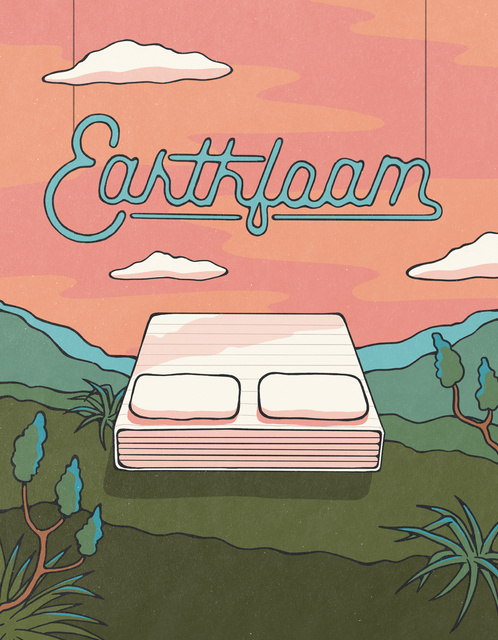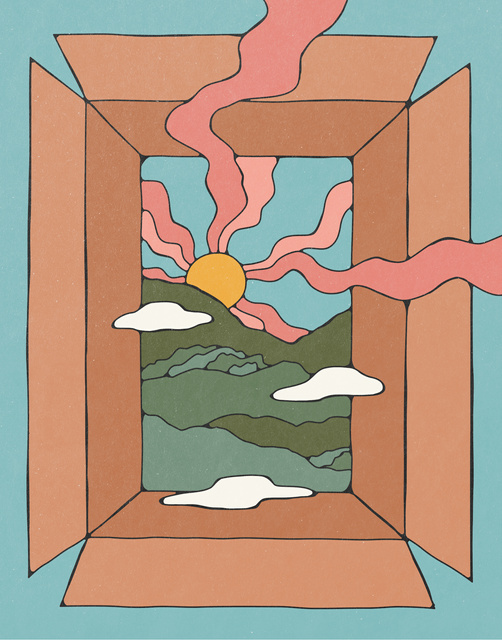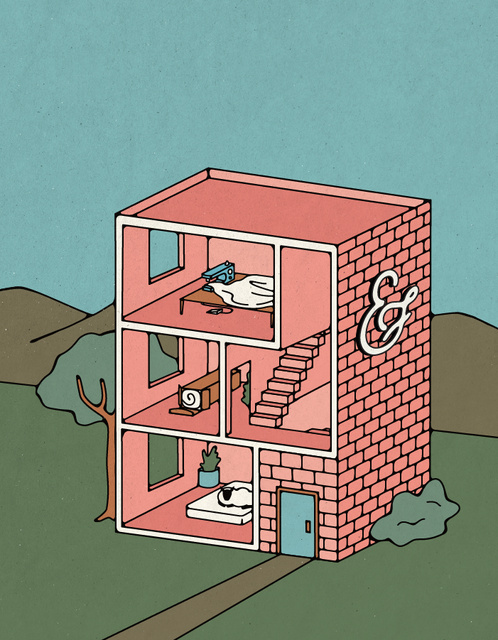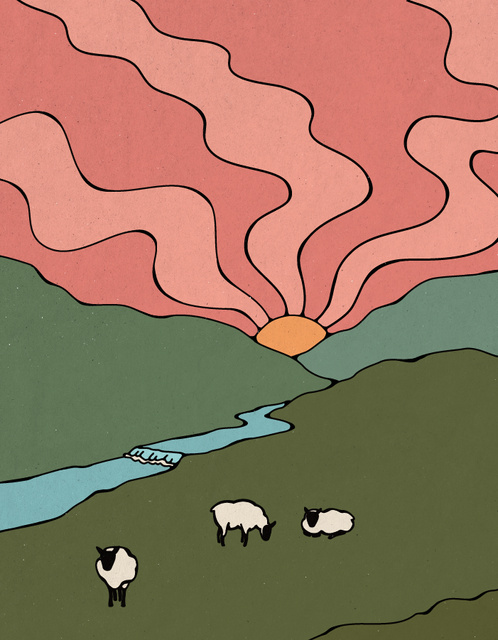
Sheep to Sleep: Working with Wools of New Zealand
We’re proud to be partnered with a farmer-owned organization putting the power directly in the hands of those shearing the sheep.
Wool is an important part of every Earthfoam mattress. It creates a cool, soft layer between the natural foam rubber and the cotton cover. We like to think people sleep better on wool made from happy sheep. So it’s always been really important to us to know exactly where our wool comes from.
We source 100% of our organic wool from a farmer-owned collective called Wools of New Zealand.
Getting to know Wools of New Zealand
Created in response to plummeting wool prices and middlemen, the founders of Wools of New Zealand saw an opportunity. Rather than having to auction wool on an open market (often for pennies on the dollar) they wanted to create direct relationships between farmers and manufacturing partners, like us.
We commit to buying a consistent amount of wool each year at a fixed, fair price, which means the farmers get guaranteed income and avoid being undercut by volatile wool markets. They also get to know exactly where their wool is going and how it’s being used. (And they really like knowing it’s being used in mattresses.)
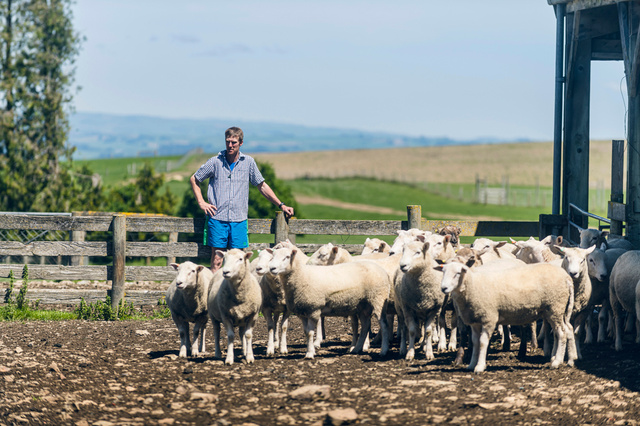
Going out to pasture
After we partnered with Wools of New Zealand, we had the idyllic opportunity to visit the organic farmers producing our wool and learn about the process.
Becoming certified organic in any industry takes time. For sheep farmers, it’s not just about how they treat their animals but also the land that provides their food.
We toured the organic farm of Allan and Sonia Richardson, and saw firsthand how important it is to build healthy biodiversity in the soil. Allan explained that he regularly rotates his animals to new pastures and plants a wide variety of grass and clover to keep the soil healthy. On non-organic farms, it’s not uncommon to find soil completely depleted of nutrients and reliant on synthetic fertilizers.
The health of the sheep is also maintained differently on an organic farm. They don’t over-medicate, but instead use tactics to prevent their animals from getting parasites or infections in the first place, like keeping grass and clover taller so the sheep’s faces are further from the ground.
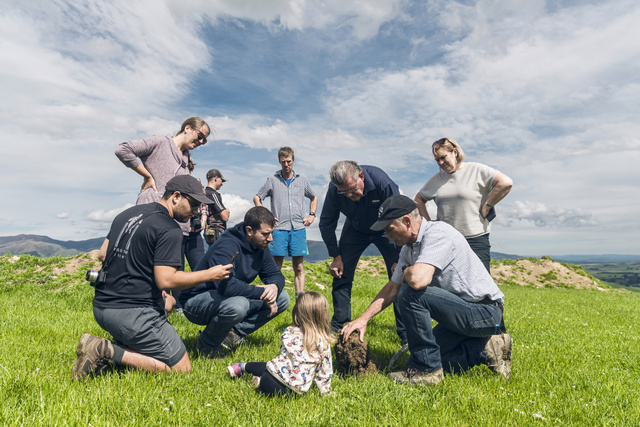
Helping farmers go organic
Despite it being labor-intensive and expensive to convert a farm to organic, the number of certified organic farms in New Zealand continues to grow.
We like to think partnerships like the one we have with Wools of New Zealand have something to do with it. More farmers are understanding how much better organic practices are for their animals and land. They also get paid more for organic wool, and as part of a collective, those premiums are put straight in their pockets.
Wools of New Zealand also provides exceptional support for farmers making the switch. They have dedicated resources to help rebuild soil health, meet organic standards, complete the dizzying amount of compliance paperwork, and get connected with other organic farmers.
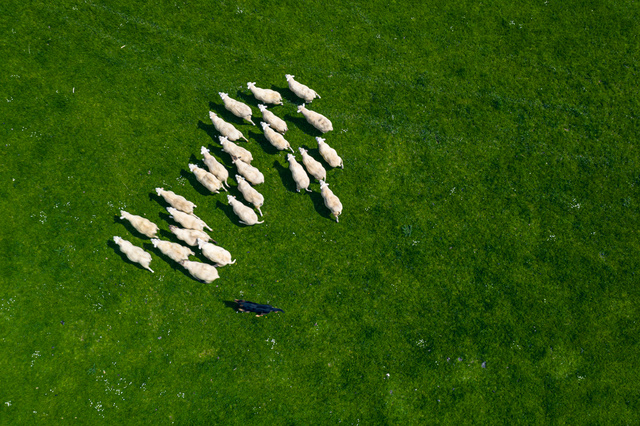
Being able to source such high-quality wool from such a hardworking and passionate group of people is an important part of what makes Earthfoam feel so good.


